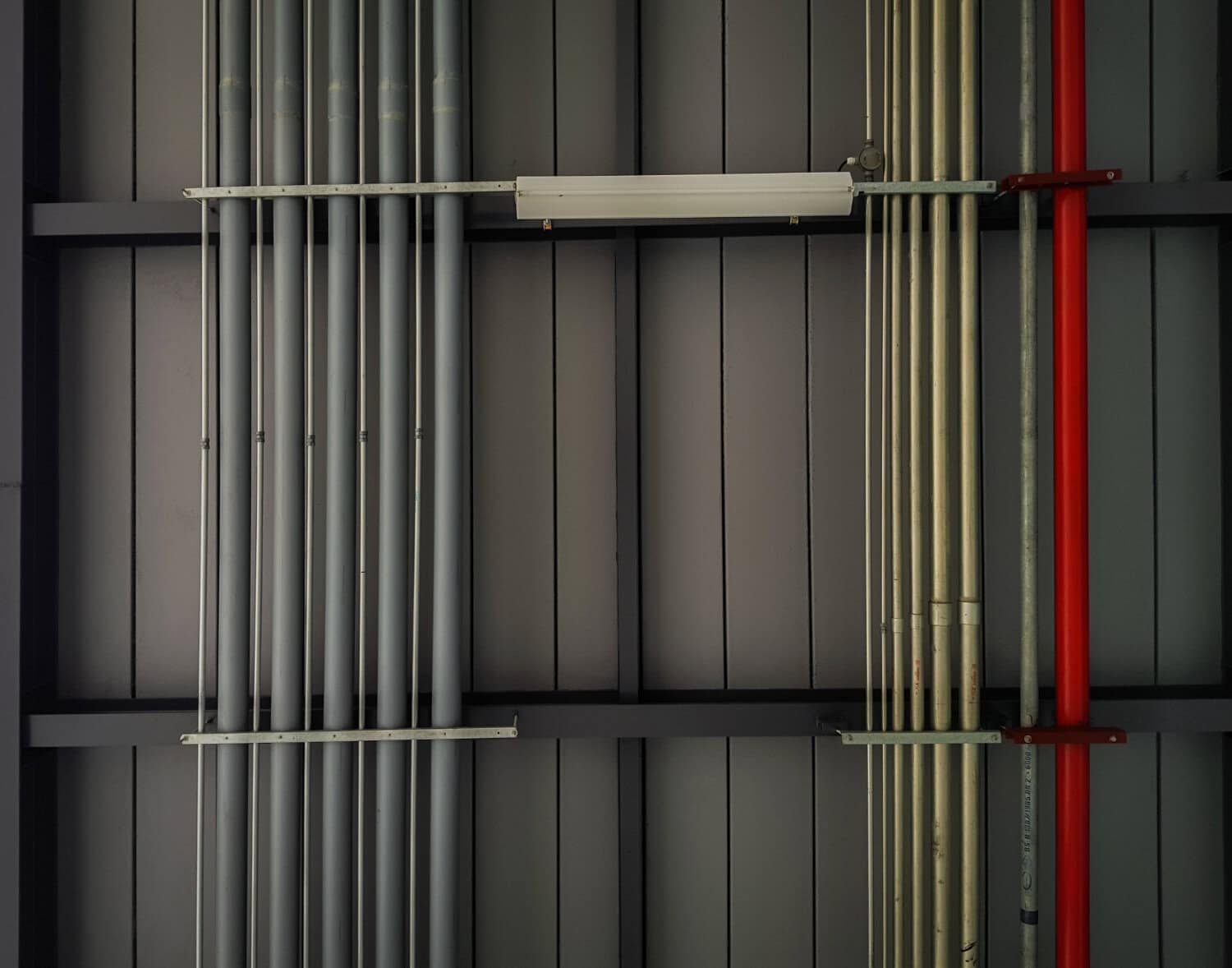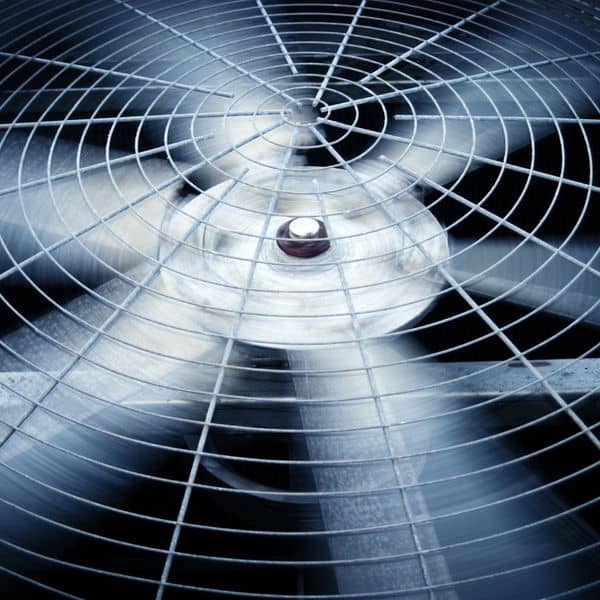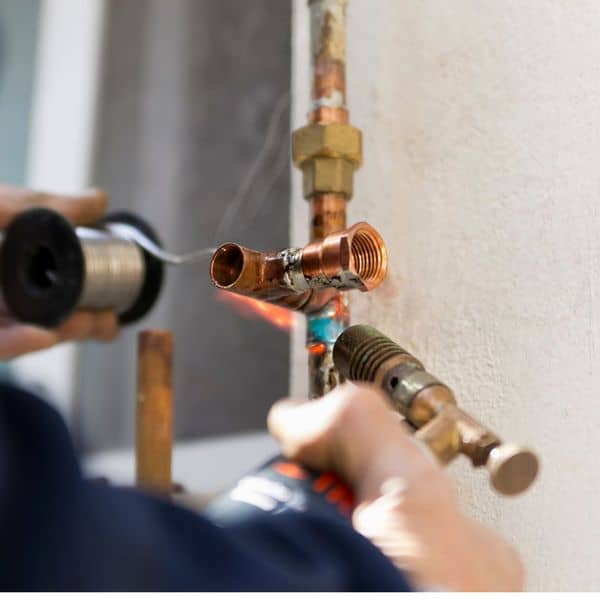As temperatures continue to climb each year, ensuring your home stays cool and comfortable becomes more crucial. Many homeowners might not realize that their air conditioning system plays a pivotal role not only in comfort but also in energy consumption and overall home efficiency. If you find that your air conditioner is constantly running yet not effectively cooling your home, or your energy bills are consistently high during the warmer months, it might be time to assess its efficiency.
Upgrading to a high-efficiency air conditioning system can seem daunting, but it brings long-term benefits that far outweigh the initial investment. Such systems not only cool your home more effectively but also use less energy, which means lower utility bills and a smaller carbon footprint. Moreover, newer models come with advanced features that enhance indoor air quality and overall system longevity.
In this article, we’ll guide you through identifying signs of inefficiency in your current system, understanding the tangible benefits of making an upgrade, and, ultimately, how to choose the right system that aligns with your specific needs. This information empowers you as a homeowner, ensuring you make informed decisions that improve your home’s comfort and operational efficiency.
Identifying Signs of an Inefficient Air Conditioning System
Recognizing the signs of an inefficient air conditioning system is the first step toward improving your home’s air quality and energy efficiency. Often, these signs are subtle but progressively impact comfort and inflate energy costs. One clear indicator is uneven cooling in different rooms. If certain areas in your home feel warmer despite full AC operation, it suggests that your system struggles to distribute air efficiently. Another common sign is an increase in energy bills. If your usage habits haven’t changed but your bills have spiked, your AC unit could be losing efficiency.
Additionally, frequent repairs are a red flag. An air conditioner that needs constant attention for various malfunctions probably suffers from deeper, systemic issues. Also, pay attention to noises and smells. Any unusual sounds, like grinding or squeaking, or strange odors, like mustiness, which suggests mold growth within the unit, indicate that your system is not running as smoothly as it should. Monitoring these signs helps us determine the right time for a consultation, ensuring that your AC system regains efficiency and reliability.
Benefits of Upgrading to a High-Efficiency Air Conditioner
Upgrading to a high-efficiency air conditioner offers numerous benefits that extend beyond simply cooling your home. Firstly, high-efficiency models are designed to use less energy while delivering superior performance. This translates into lower utility bills and a reduced carbon footprint, aligning with our commitment to promoting sustainable practices. Enhanced comfort is another significant advantage. These modern systems provide a consistent air flow, maintain steady temperatures across all rooms, and manage humidity levels effectively, ensuring your home remains comfortable even during the hottest days.
Moreover, high-efficiency air conditioners operate more quietly compared to older models. This means less background noise and a more peaceful home environment. Additionally, these systems are often equipped with advanced filtration technologies that improve indoor air quality by removing pollutants and allergens from the air. For families sensitive to air quality, especially those with allergies or respiratory issues, this feature is incredibly beneficial. Investing in a high-efficiency system not only boosts your home’s environment but also contributes to the health and well-being of your family.
Choosing the Right Air Conditioning System for Your Home
Selecting the appropriate air conditioning system for your home is a crucial decision that impacts comfort, energy consumption, and ongoing costs. We set out to simplify this decision by offering guidance tailored to each homeowner’s unique needs. Factors such as the size of your home, insulation levels, and local climate play a significant role in determining the most efficient system. Smaller homes might benefit from ductless mini-split systems, which offer the advantage of zoned cooling without the need for extensive ductwork. On the other hand, larger homes might require a more robust central air system, capable of delivering consistent temperature across multiple rooms and stories.
Moreover, we assess every household’s specific needs to recommend systems that not only provide cooling but also ensure healthy air quality. Features like variable speed motors and smart thermostat compatibility can add to the functionality, giving homeowners greater control over their environment and energy expenditure. The goal is to install a system that aligns perfectly with your living conditions and sustainability goals.
Step-by-Step Guide to Upgrading Your Air Conditioner
If you’re considering upgrading your air conditioning system, our step-by-step guide ensures a smooth transition from your old unit to a more efficient model. Starting with an evaluation of your current system, we assess its efficiency, performance, and suitability to your present needs. This evaluation helps determine whether a repair might suffice or a full upgrade is necessary. Next, we outline the process:
1. Assessment of home cooling needs, including size, layout, and insulation.
2. Selection of an energy-efficient system tailored to these needs.
3. Proper disposal of the old unit, ensuring environmentally friendly practices.
4. Professional installation of the new system, followed by comprehensive testing to guarantee optimal performance.
Conclusion
At My Jockey, we understand that an HVAC system is more than just machinery; it’s a key component of your home’s comfort and energy efficiency. Upgrading to a high-efficiency air conditioner can significantly reduce energy bills, enhance indoor air quality, and increase your home’s value. We are committed to helping you navigate the myriad options available, ensuring that you make an informed and fitting choice for your specific needs.
Our team is ready to provide expert advice and top-tier HVAC services for those looking to upgrade or install a new air conditioning system. Trust us to not only meet your cooling needs but exceed them with solutions that harmonize efficiency with environmental responsibility. Contact us today to discover how we can enhance the comfort and sustainability of your home.













